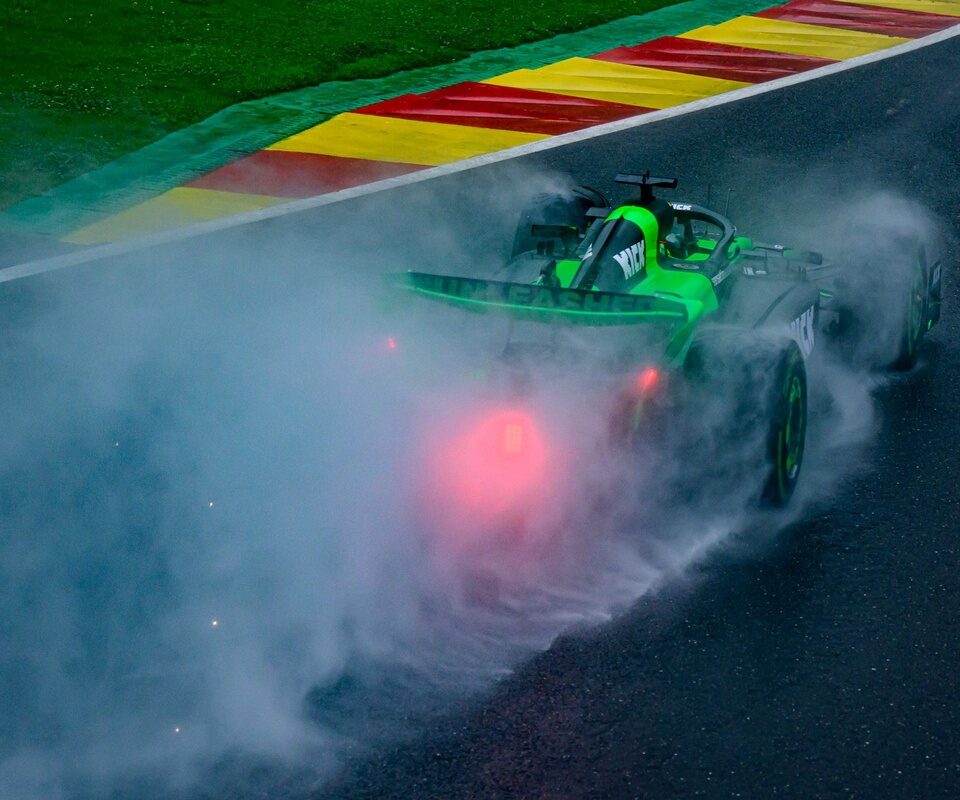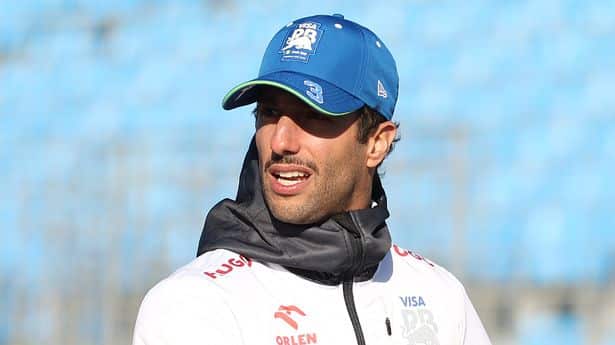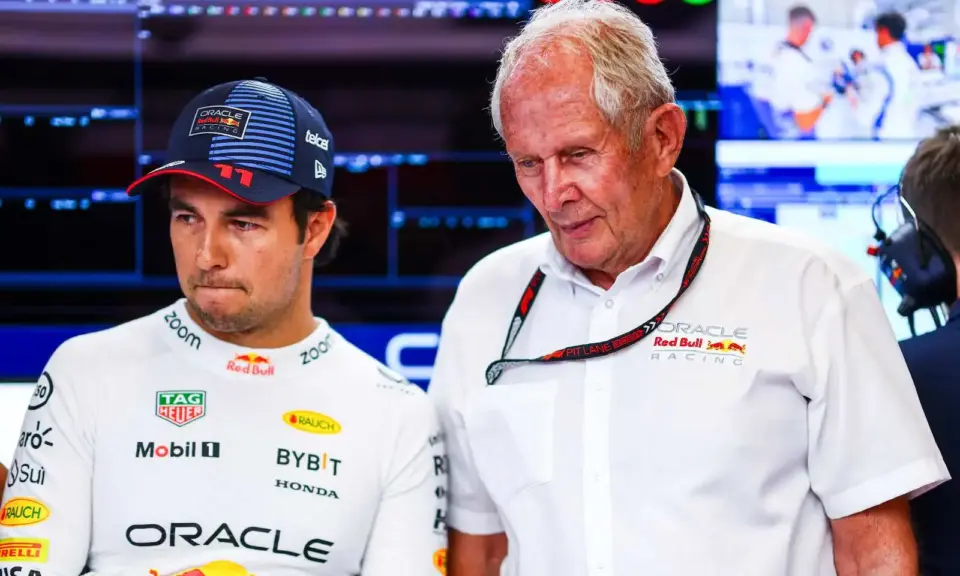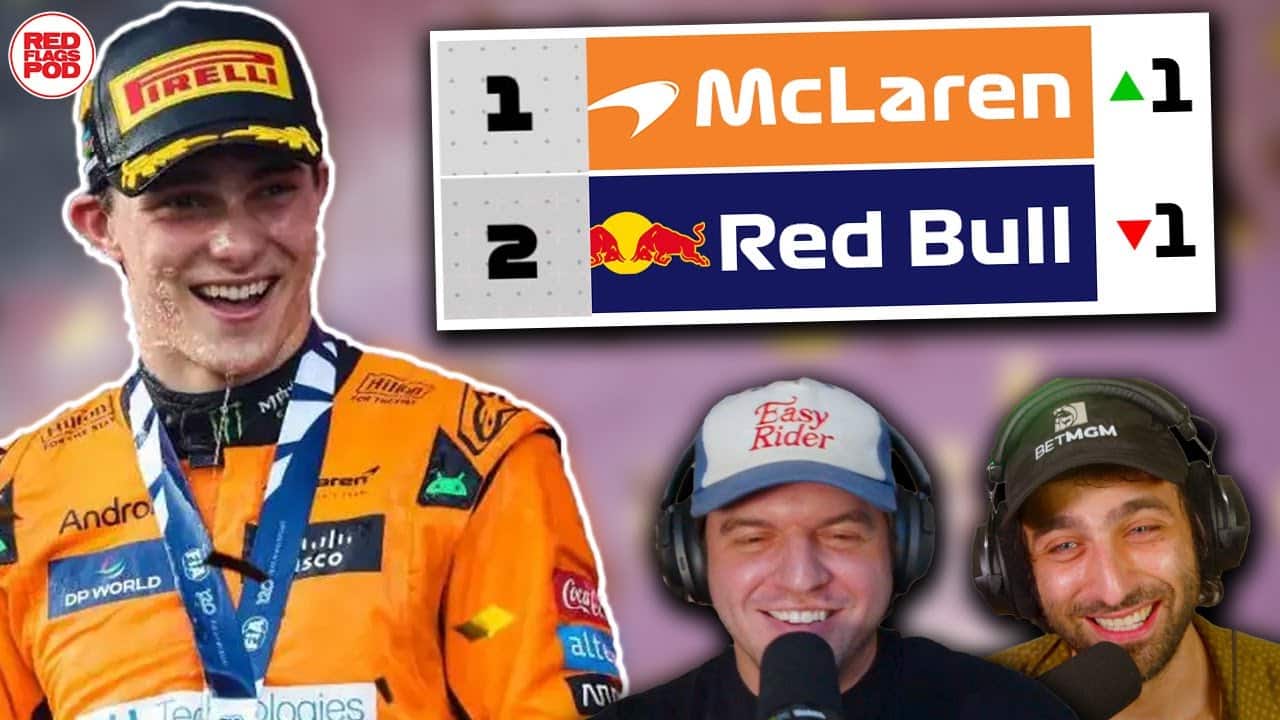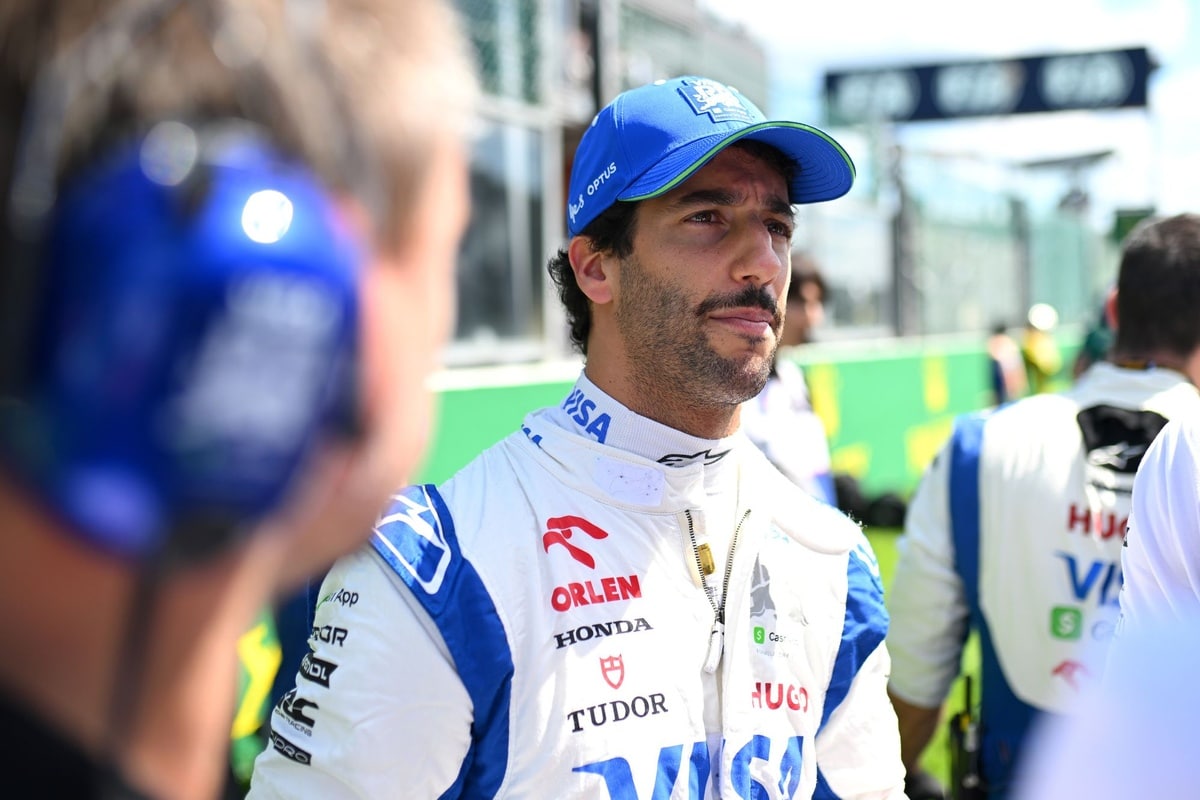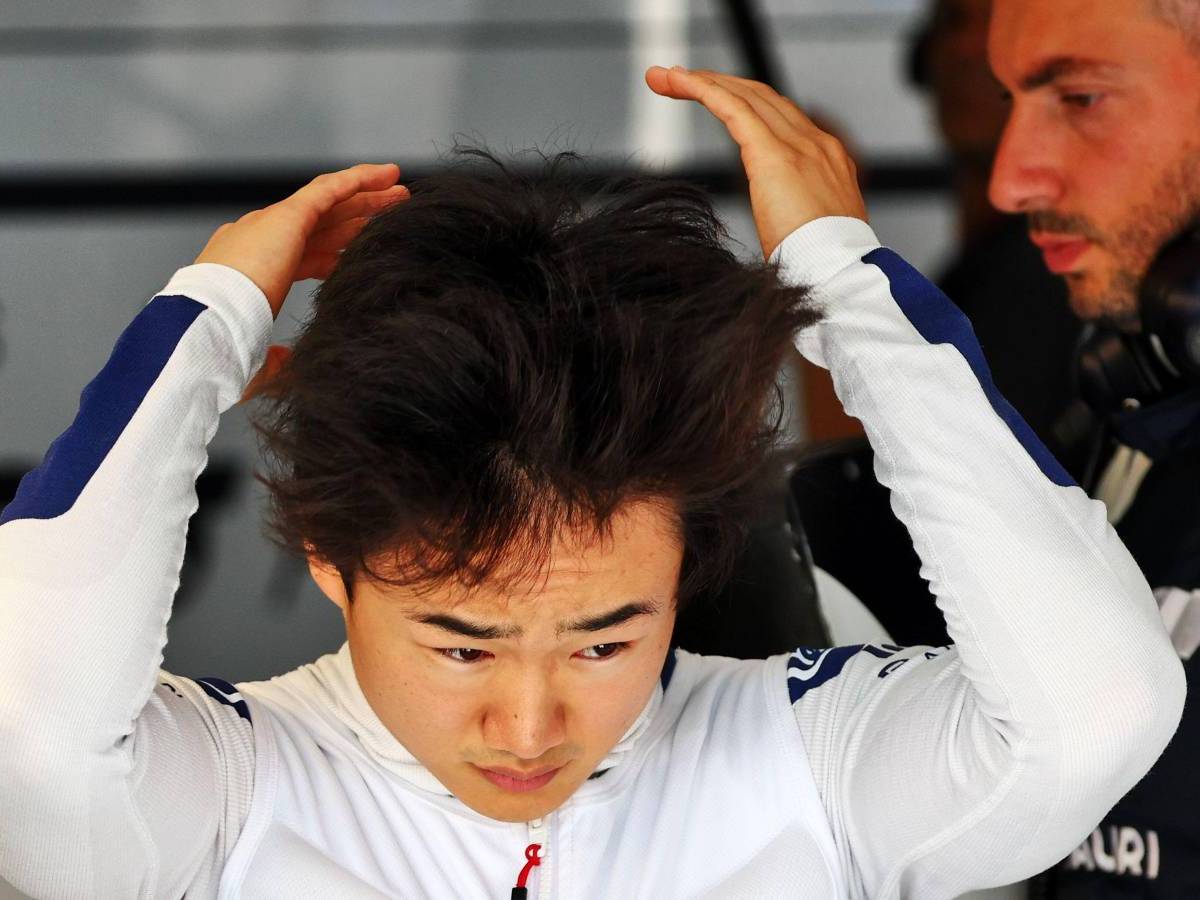The 2024 Formula 1 season has been anything but predictable, with seven different winners in the first half of the year—a rarity not seen since 2012. As the sport gears up for the second half, excitement is mounting for what lies ahead.
The unpredictability of the 2024 season has reinforced F1 CEO Stefano Domenicali’s belief in the sport’s dynamic nature. He noted, ‘I’m very pleased to say what I said at the beginning of the year is exactly what is happening, when everyone was believing that I was saying that for political reasons.’ This optimism is expected to continue until at least the end of 2025, fueled by the cost cap and aerodynamic testing restrictions.
The focus now shifts to the 2026 regulations, which many in the paddock fear could disrupt the current competitive balance. F1 design legend Adrian Newey pointed out that simultaneous changes to power units and chassis are unprecedented and could significantly impact the grid’s stability. Domenicali acknowledges these concerns but underscores the motivations behind the changes, emphasizing the importance of evolving technologies and sustainable fuels.
Domenicali also addressed the criticism surrounding the financial implications of the new regulations, particularly with Renault likely to exit the sport. He dismissed the notion that the changes were a misstep, attributing Renault’s decision to other factors and emphasizing the necessity of attracting and retaining manufacturers in F1. According to him, the regulations were a compromise to meet diverse manufacturer interests while moving the sport forward technologically.
Looking further ahead, Domenicali expressed the need for caution regarding further regulation changes post-2030. He highlighted the dual objectives of maintaining F1 as the pinnacle of motorsport and preventing periods of dominance by any single team. However, he noted that with the current budget cap and aerodynamic restrictions, the focus should now shift more towards technological advancements.
One area Domenicali believes requires attention is the weight and size of the cars. He sees potential in reducing car weight, possibly by moving away from heavy hybrid engines. While hydrogen is not seen as a viable medium-term solution, Domenicali is open to exploring lighter engines with sustainable fuel. He emphasized the need for prudence in making these decisions, given the rapidly changing technological landscape.
Domenicali concluded by stressing the importance of making decisions that align with F1’s needs and its role as a sport business. He cited the unexpected shift in attitudes towards electric cars as a reminder of the importance of adaptable and forward-thinking strategies.
The second part of Domenicali’s interview, focusing on sporting regulation changes and the impact of an upcoming F1 movie, is set to be released shortly.
As Formula 1 navigates through a season of unpredictability and prepares for significant regulatory changes, Stefano Domenicali remains optimistic about the sport’s future. His focus on innovation, sustainability, and maintaining competitive balance underscores F1’s commitment to evolving while staying true to its core principles.
